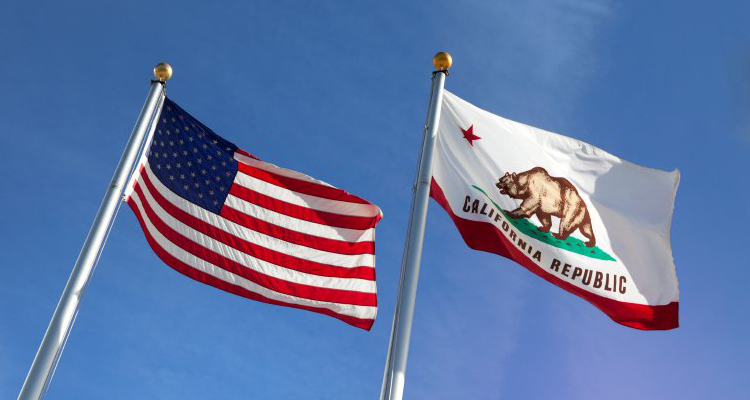In California, a political consultant has reportedly initiated a campaign that could see registered voters asked whether the western state should alter its constitution in order to legalize sportsbetting.
According to reports from the Los Angeles Times and LegalSportsReport.com, Russell Lowery filed the necessary preliminary paperwork with the office of California Attorney General, Xavier Becerra, on Monday and is now hoping to put his referendum, which would be called the Gaming Fairness and Accountability Act, before voters as soon as November of 2020.
Lowery is reportedly lobbying on behalf of a group called, Californians for Sports Betting, and his measure is said to be seeking permission to change the state’s constitution in order to ‘authorize banking and percentage games including and not limited to sports wagering.’
“I think the biggest reason for this is consumer protection [because sportsbetting] is going on now,” Lowery reportedly told the Los Angeles Times. “Because of the revenue the state could generate from legal activity plus the consumer protections that could be afforded the gambling public, it ought to be regulated.”
The consultant, who previously served as Chief of Staff for the California Senate Republican Caucus and as a lobbyist for Pacific Gas and Energy, will now reportedly attempt to raise the estimated $2.5 million it will take in order to gather the around 600,000 valid signatures necessary to have his initiative placed before the electorate.
“I reached out to in-state gaming interests, out-of-state gaming interests and the sports leagues [and] there was enough interest to try to build a coalition that was more viable,” Lowery told the newspaper.
His effort comes after the United States Supreme Court invalidated the previous Professional and Amateur Sports Protection Act (PASPA) federal sportsbetting prohibition in May, while last week saw Delaware become the first state to take advantage of the decision by launching sportsbetting services at its three casinos.
“It’s just a response to the [United States] Supreme Court decision,” Lowery told LegalSportsReport.com. “Then having watched the legislative dynamics over the last decade or so on the gaming issue, I had a pessimistic view of the legislature’s willingness to address the issue.”



